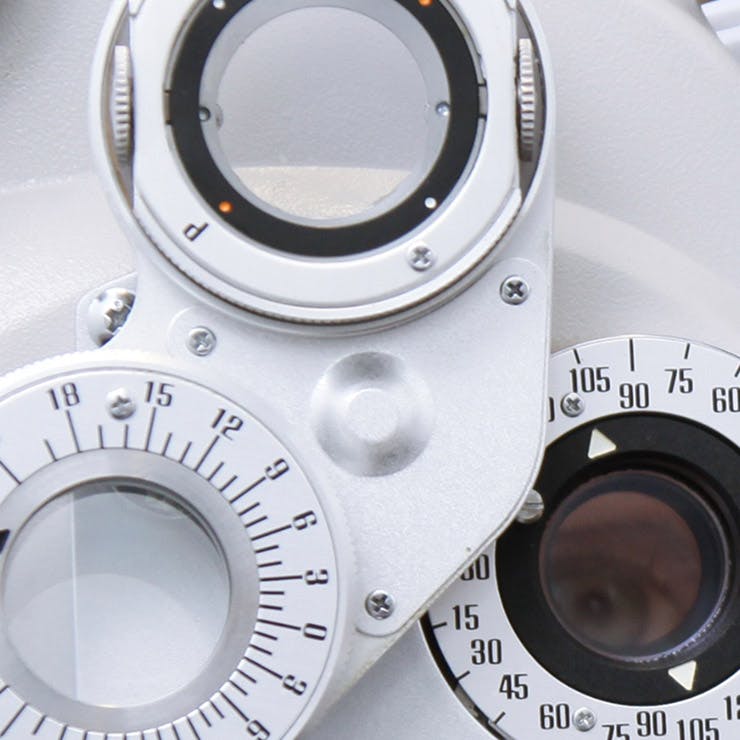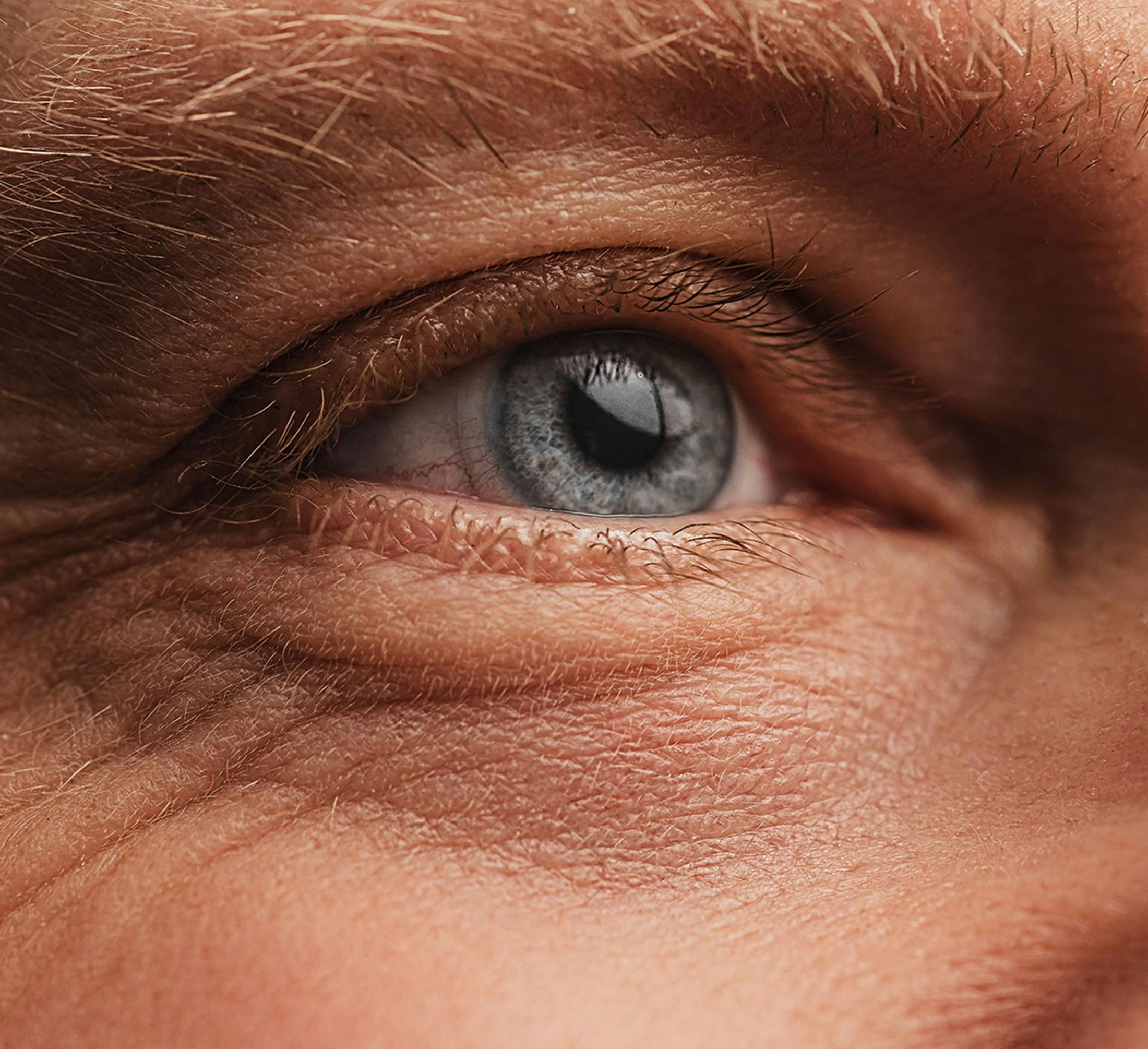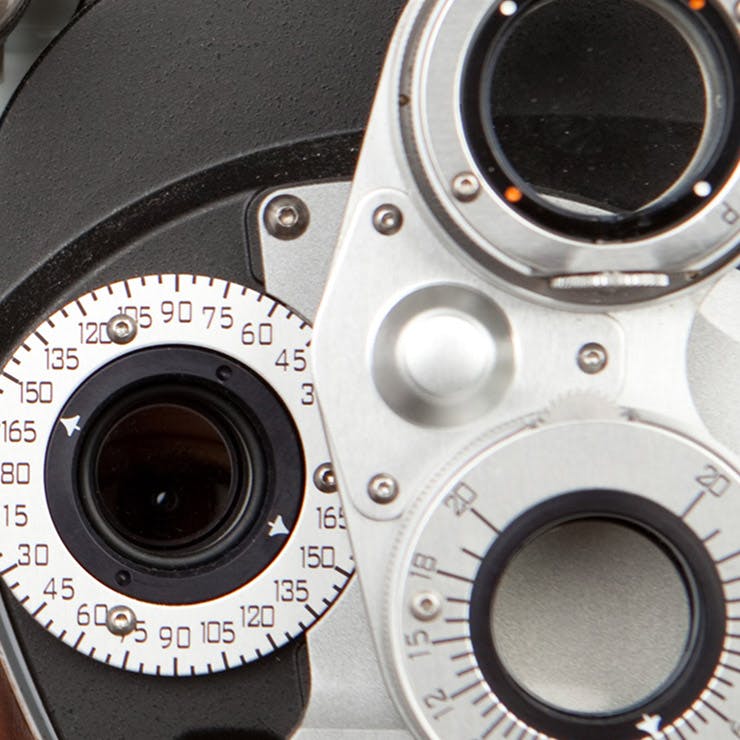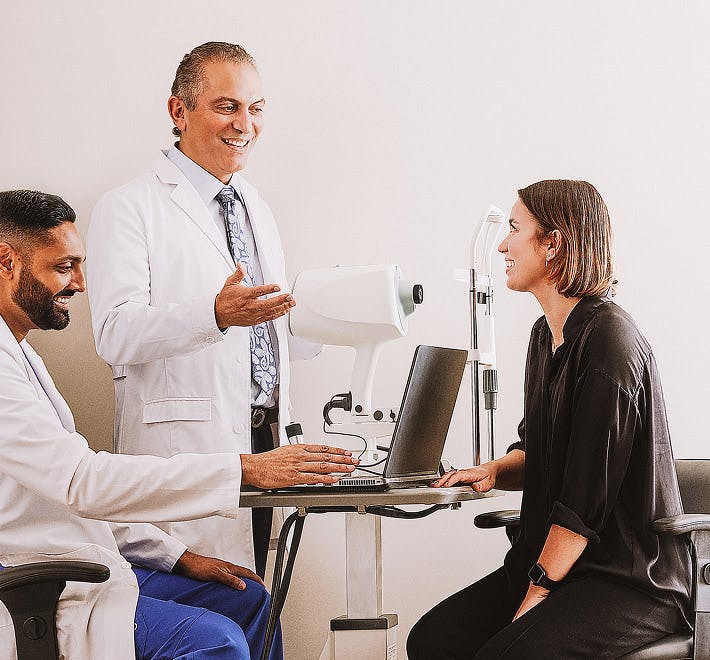Age-related macular degeneration can erode your central vision over time, but early intervention can help you maintain a vibrant life.
What Is Age-Related Macular Degeneration?
Age-related macular degeneration is a progressive eye disease that harms the macula, the small yet vital part of the retina that captures sharp, central details. AMD manifests in two primary forms. Dry AMD involves gradually thinning the macula and developing tiny deposits called drusen, leading to slow vision changes.
Wet AMD, less common but more aggressive, arises when abnormal blood vessels leak fluid or blood beneath the retina, quickly distorting central vision. Without timely diagnosis and management, AMD can escalate to the point where tasks like reading labels or recognizing faces become difficult.
However, consistent monitoring and informed treatment choices can help you maintain functional eyesight. While AMD doesn't currently have a definitive cure, a variety of interventions can slow its progression and help optimize the vision you still have.













